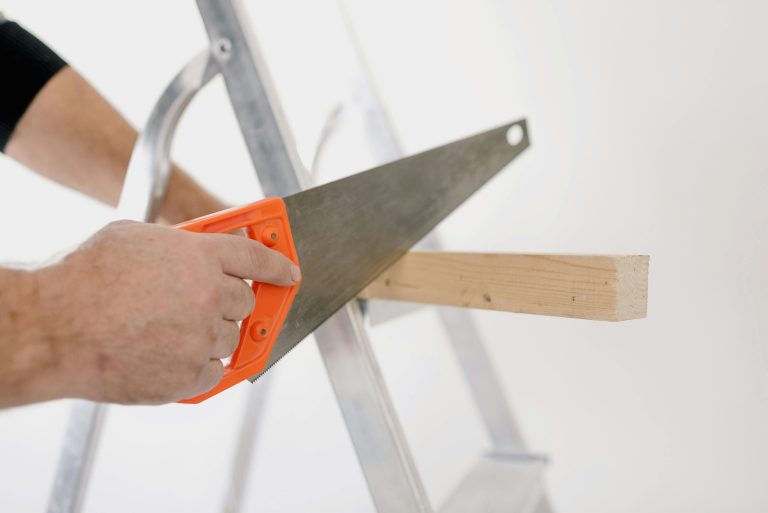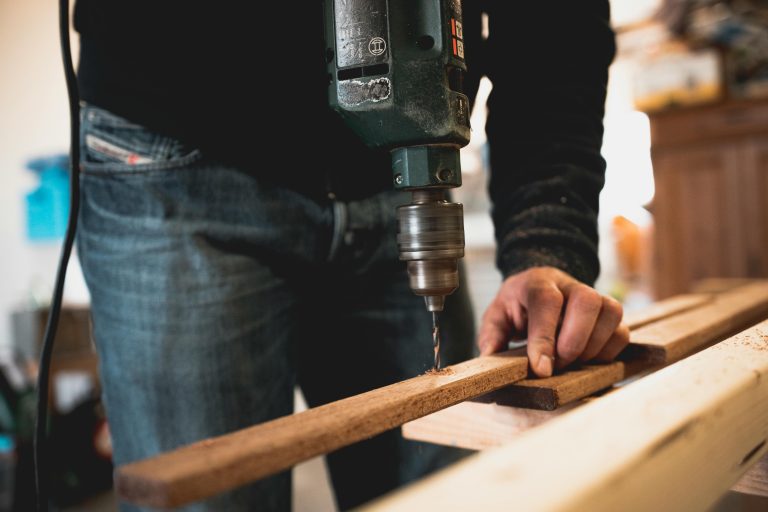Taking good care of your tools is essential for ensuring they remain in excellent condition and perform efficiently over the long term. Here’s a detailed guide to help you keep your tools in top shape:
- Clean After Every Use: After finishing your projects, take a few minutes to wipe down your tools. Use a dry cloth or a brush to remove dust, wood shavings, or any debris. If your tools have stubborn dirt or grime, a mild soap solution can help. Avoid using harsh chemicals that might damage the metal or handles.
- Dry Thoroughly: Moisture is one of the biggest enemies of tools as it can lead to rust and corrosion. Always dry your tools completely, especially after cleaning or exposure to rain or humidity. Use a dry cloth or a paper towel to ensure no moisture remains on the surface.
- Lubricate Metal Parts: To prevent rust and keep your tools functioning smoothly, apply a thin layer of oil—such as machine oil or WD-40—to the metal components. Focus on moving parts, blades, or any areas prone to corrosion. Regular lubrication reduces friction and helps your tools operate more precisely.
- Proper Storage: Store your tools in a dry, organized space. Use a toolbox, wall-mounted rack, or a dedicated workshop cabinet to keep everything tidy and accessible. Avoid leaving tools on damp surfaces or in areas prone to extreme humidity, which can accelerate rust.
- Sharpen and Check: Keep blades, chisels, and cutting tools sharp to make your work easier and safer. Regularly inspect your tools for signs of damage or wear, and replace or repair any broken parts promptly.
- Special Considerations for Different Tools: Power tools may require additional maintenance such as filter cleaning or blade replacement, so follow manufacturer guidelines to keep them in optimal condition.
The Benefits: Regular maintenance not only extends the lifespan of your tools but also enhances their efficiency, making your projects smoother, safer and more enjoyable. Well-maintained tools are a joy to work with.




